Our topics
Explore all our Tourism (EN) content

Why Boundary Idaho?
A passionate team dedicated to Tourism (EN).
- Quality articles
- Practical guides
- Expert insights
- Daily updates
Latest articles
Our recent publications

Discover Top UK Campsites for an Unforgettable Local Music Festival Adventure
Choosing the right campsite can make or break your music festival experience in the UK. With the sur...

How Does Camping in the UK Influence Cultural Appreciation?
Camping in the UK offers more than just a chance to enjoy nature—it serves as a unique gateway to Br...

What Are The Essential Camping Tips For A Perfect UK Adventure?
Planning a successful UK camping trip starts with a comprehensive camping checklist tailored to the ...

Discover Top UK Cruises: Embark on a Captivating Journey Through the Rich History of British Railways
Exploring UK Cruises unveils a world of captivating travel experiences on water. These cruises not o...
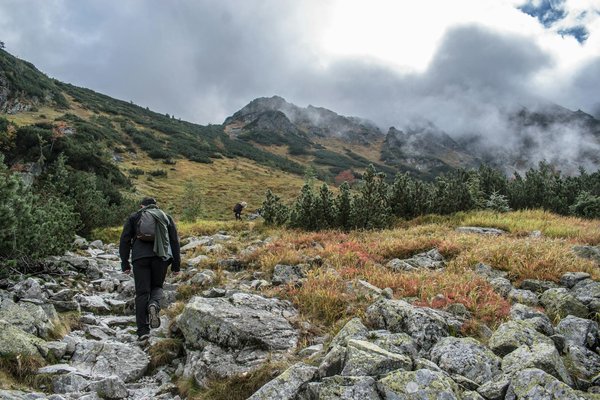
Embark on Unforgettable UK Literary Cruises: Explore the Rich Tapestry of British Literature
Literary cruises offer a unique travel experience by merging the allure of classical and contemporar...
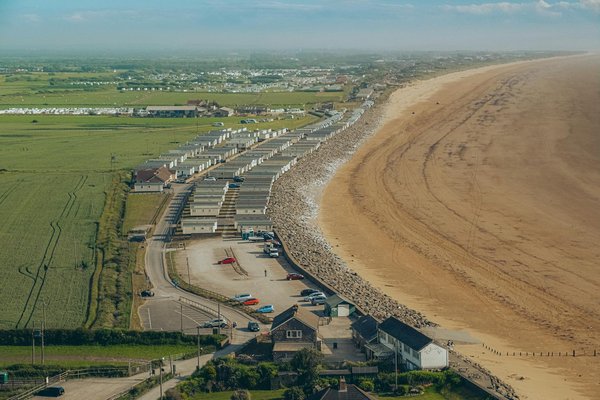
What Makes UK Cruises a Must-Try Experience for Tourists?
UK cruises are renowned for their scenic routes that showcase the diverse landscapes of the British ...
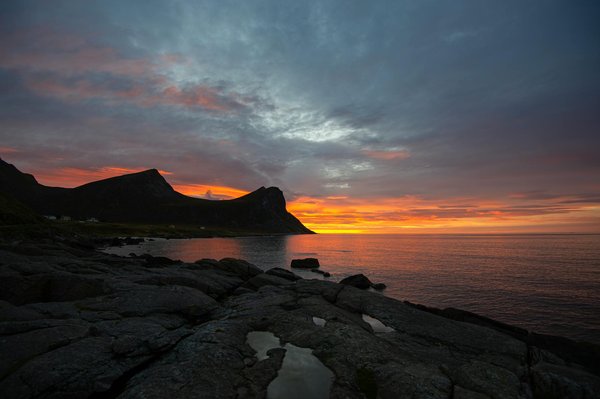
Are Budget Travel Options in the UK Worth Considering?
When considering budget travel UK, key factors that influence value include cost efficiency, conveni...

How can you enjoy UK coastal destinations on a budget?
Discovering budget accommodation UK coast options can transform your seaside trip without sacrificin...
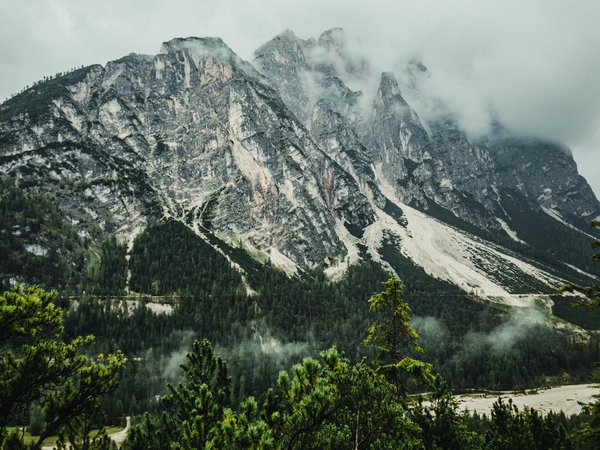
What Should You Know Before Booking a UK Travel Deal?
Before committing to any UK travel deal, it is crucial to carefully evaluate several core factors th...
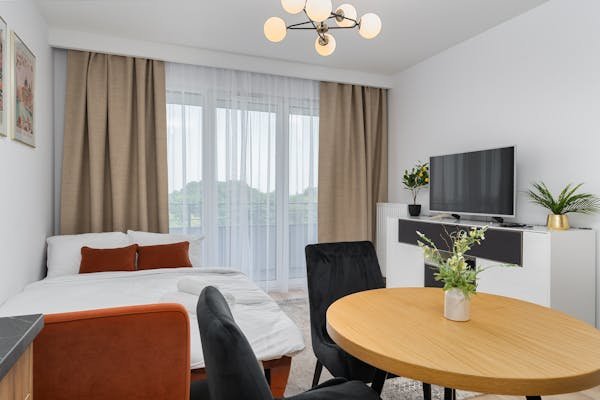
Furnished apartments: the ultimate remote work retreat
Finding a furnished apartment transforms remote work into a seamless experience, blending comfort an...
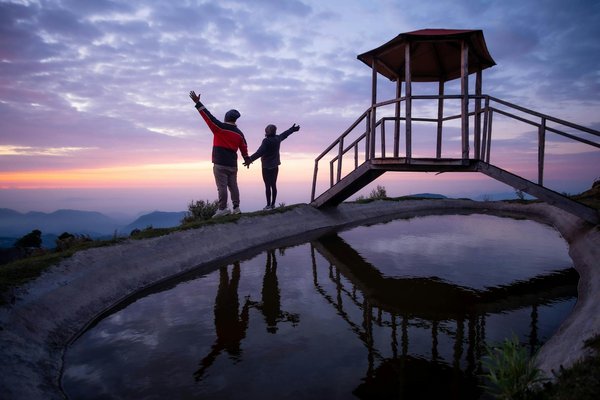
How are UK hospitality businesses adapting to changing tourist demands?
Tourism in the UK is experiencing significant shifts driven by evolving tourist expectations and beh...
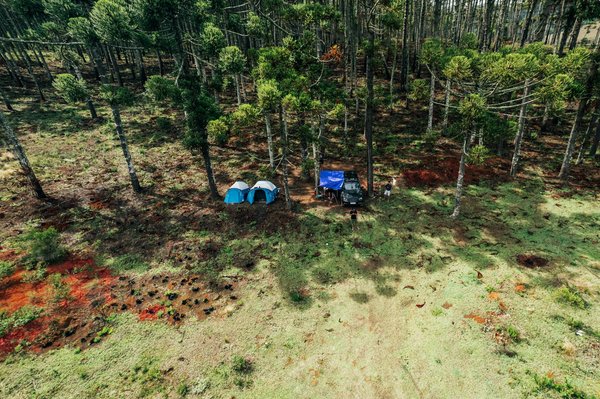
What Are the Most Overlooked Hidden Gems in the UK Worth Visiting?
Discovering hidden gems UK introduces travellers to the rich diversity beyond usual tourist paths. T...

What Are the Must-Visit Heritage Sites in the UK?
Choosing the must-visit heritage sites in the UK involves several key factors. These include histori...

Discover London: Expert Advice for Booking Holiday Rentals Close to Iconic Historic Pubs
London's pub culture is not just about enjoying a pint; it's steeped in history and tradition, makin...

Essential Amenities for Isle of Wight Rentals That Scooter Rally Enthusiasts Will Love
For those heading to scooter rallies, ensuring the availability of essential amenities can significa...

What makes countryside rentals in the UK so appealing?
The charm of rural homes in the UK offers a distinctive appeal that sets countryside rentals apart f...

A complete guide to visiting borghese gardens in Rome
Villa Borghese offers a perfect escape from Rome's bustling city center, combining world-class art, ...
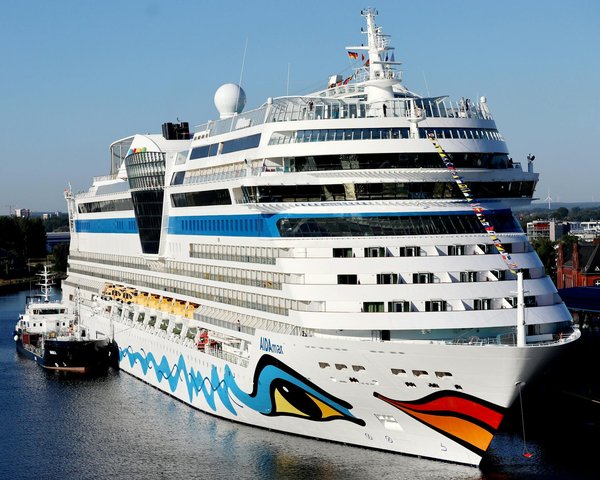
Discover Portsmouth: Dive into Dynamic Exhibits Celebrating British Naval Heritage
Portsmouth's rich naval heritage is pivotal within British naval history. Serving as a key port for ...
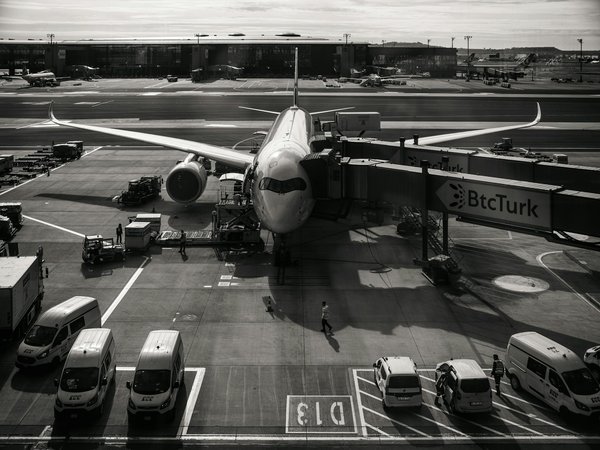
Soar Above the Idyllic English Countryside: Unforgettable Hot Air Balloon Rides Await
Imagine waking up before dawn, the sky still painted with the hues of twilight, and the air crisp wi...

Top tips for buying roman forum tickets quickly and easily
Choosing the right platform for your Forum Romanum visit saves time and guarantees entry to Rome's m...

Unlock the Secrets of London's Royal Residences: The Ultimate Historical Guided Tours
London's royal residences are not just homes; they are living museums rich in historical significanc...
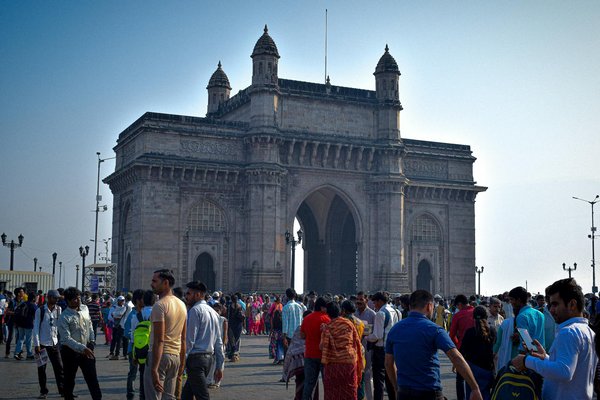
How Can You Spend a Weekend Exploring Hidden Gems in the UK?
Discovering hidden villages UK offers an enriching and peaceful alternative to crowded city breaks. ...
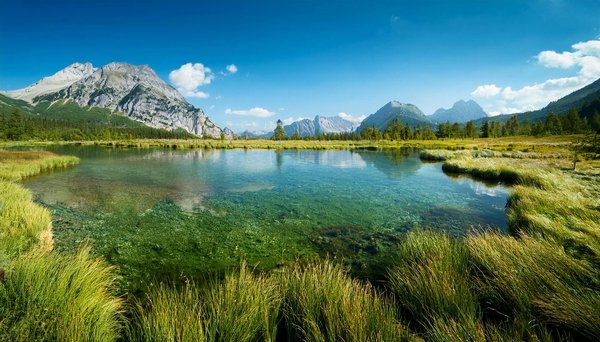
What Hidden Gem Destinations in the UK Should Be on Your Travel List?
Hidden gems are unique travel destinations that are often overlooked yet hold significant charm and ...

What Lesser-Known Traditions Are Hidden in the UK?
Beneath the well-trodden paths of British cultural heritage lies a tapestry of lesser-known UK tradi...
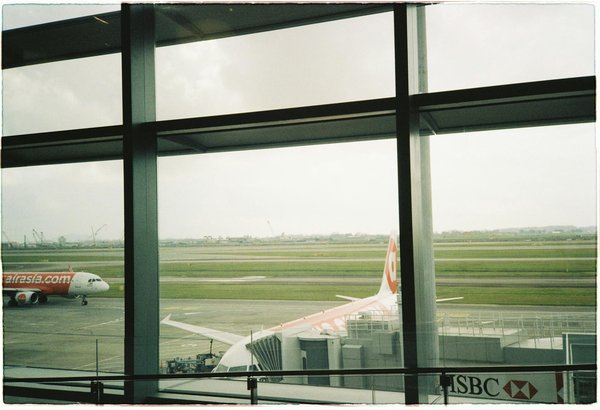
How Can Travelers Discover Hidden Gems in the UK on Their Next Vacation?
Discovering UK hidden gems offers a refreshing alternative to crowded tourist spots. Beyond popular ...
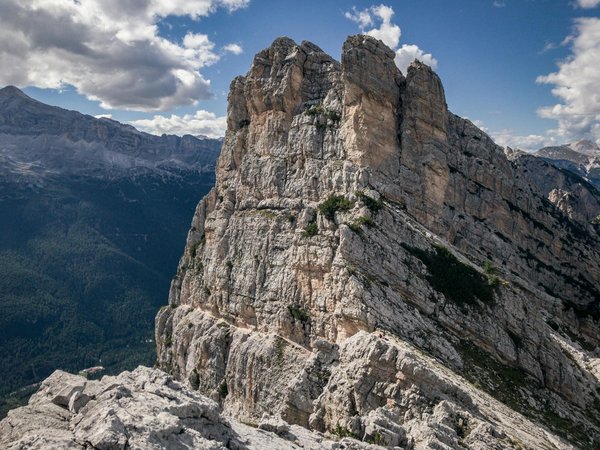
Top Destinations in the UK for a Memorable Vacation
Discovering the rich British history vacations offers becomes truly immersive when visiting iconic U...

What Are the Lesser-Known Gems to Explore on Your Next UK Vacation?
Discovering UK hidden coastal destinations unveils a world of tranquility away from crowded shores. ...